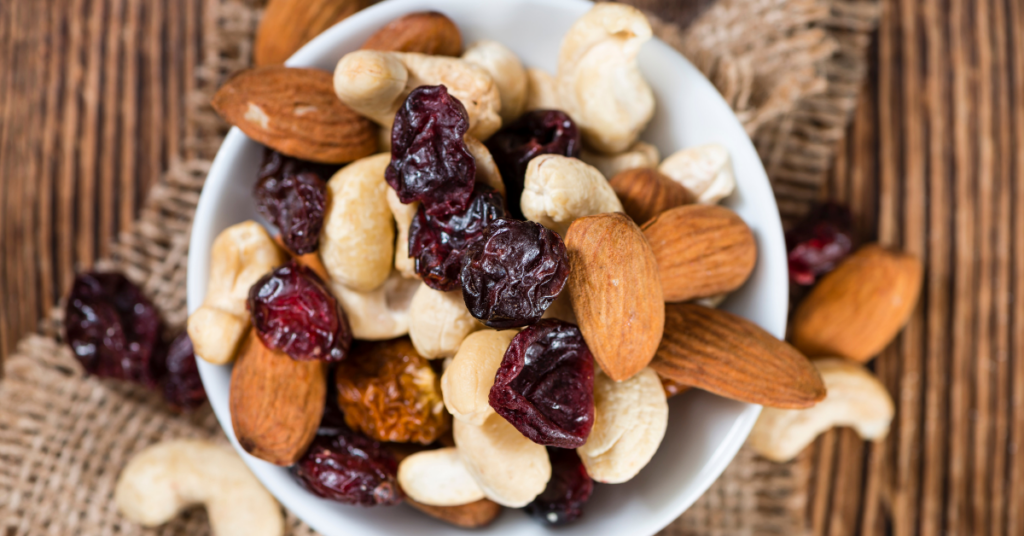If you’ve ever felt bloated or uncomfortable after eating beans or lentils, you’re not alone. Many vegetarian meals built around whole legumes can be tough on digestion for some people. So it’s a fair question to ask: if a plant-based protein powder uses peas, chickpeas, or other legumes, won’t it cause the same issues?
To answer that, it helps to understand what causes those digestive issues in the first place, and why protein powder is different.
What Causes Legume Sensitivity in the First Place?
Legumes are rich in nutrients, but they also contain compounds that can be challenging for some people to digest. Oligosaccharides, for example, are a type of carbohydrate that ferment in the gut, leading to gas and bloating. Lectins can bind to the gut lining if legumes are undercooked. And while fiber is a health-promoting nutrient, too much too quickly can overwhelm the digestive system.
These effects vary from person to person and while some tolerate legumes just fine, others may feel sluggish, bloated, or uncomfortable after even modest servings.
Why Isn’t Protein Powder the Same as Eating the Whole Food?
Think of whole legumes as a full package — fiber, starches, and compounds like lectins and oligosaccharides all come along for the ride. While proper soaking and cooking can help reduce these compounds, they’re still present and can cause issues for people with more sensitive digestion.
However, when legumes are used to create protein powder, they go through a purification process that separates the protein from the rest of the plant. This results in what’s called a protein isolate or concentrate.
That means:
- The fiber is removed.
- The starches are removed.
- The hard-to-digest compounds are minimized or eliminated.
What’s left is just the protein — clean, concentrated, and much easier for your body to handle.
What Does This Look Like in Our Protein?
LiveComplete NutriMatch protein is sourced from peas, rice, fava beans, mung beans, chickpeas, and quinoa, as well as sunflower, pumpkin, and chia seeds. But we’re not using the whole food. Instead, we’re using isolated protein from each source. The result is a smooth, complete protein blend that doesn’t bring along the digestive baggage that some people associate with traditional vegetarian meals.
LiveComplete Takeaways
- Whole legumes contain compounds like fiber and starches that can cause gas or bloating.
- Protein powders use purified isolates, which remove those compounds, making them easier to digest than the whole food.
Whole legumes and isolated plant proteins are not the same, especially when it comes to digestion. If you’ve had trouble with beans or lentils in the past, you might be surprised at how differently your body responds to plant-based protein powders. By removing the fiber, starches, and compounds that often cause discomfort, these powders offer a refined form of protein that’s easier on digestion.



